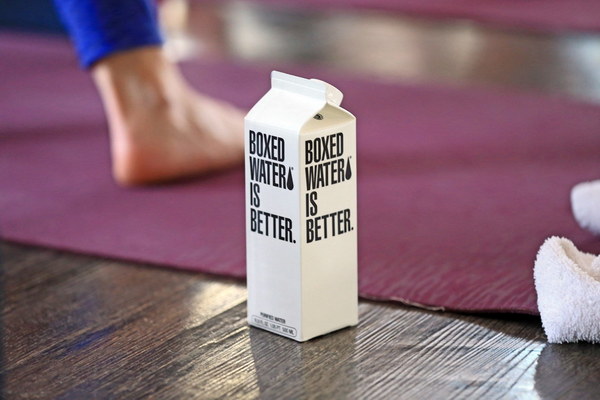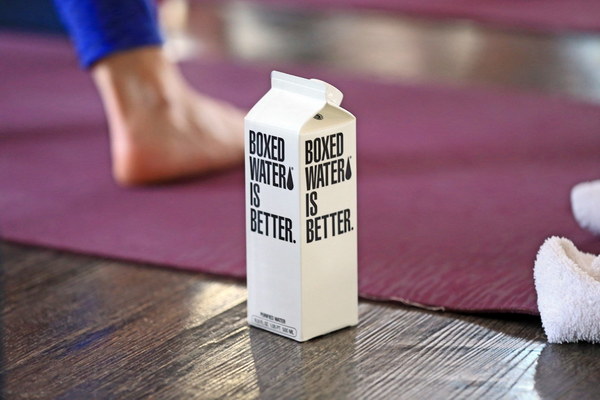Eczema Management Nurturing Your Body for Relief and Healing
Eczema, a common skin condition characterized by red, itchy, and inflamed skin, can be a challenging condition to manage. However, with the right approach, individuals with eczema can effectively manage their symptoms and improve their overall well-being. This article explores various strategies to help eczema patients nurture their bodies for relief and healing.
1. Maintain a Healthy Diet
A balanced diet can significantly impact eczema symptoms. Here are some tips to help you manage your diet:
a. Avoid allergens: Common allergens like dairy, eggs, nuts, and soy can trigger eczema flares. Keep a food diary to identify any potential allergens and eliminate them from your diet.
b. Increase omega-3 fatty acids: Omega-3s have anti-inflammatory properties and can help reduce eczema symptoms. Incorporate foods rich in omega-3s, such as fatty fish, flaxseeds, chia seeds, and walnuts, into your diet.
c. Stay hydrated: Drink plenty of water throughout the day to keep your skin hydrated and reduce itching.
2. Use Gentle Skincare Products
Harsh soaps and skincare products can further irritate your skin. Here are some tips to help you select the right products:
a. Opt for fragrance-free and dye-free skincare products: These products are less likely to cause irritation.
b. Choose mild cleansers and moisturizers: Look for products that contain natural ingredients, like aloe vera, chamomile, or shea butter.
c. Avoid hot water: Hot water can strip your skin of its natural oils, leading to dryness and irritation. Use lukewarm water instead.
3. Implement Humidification
Dry air can exacerbate eczema symptoms. Here's how to keep your environment comfortable:
a. Use a humidifier: A humidifier adds moisture to the air in your home, reducing the dryness that can trigger eczema flares.
b. Avoid dry air during winter: Keep your home warm but not too hot, as extreme temperatures can dry out your skin.
4. Practice Gentle Skincare Routine
Developing a gentle skincare routine can help manage eczema symptoms:
a. Bathe regularly: Take short, lukewarm showers or baths to keep your skin clean and hydrated.
b. Gently pat your skin dry: Avoid rubbing your skin with a towel, as this can cause irritation.
c. Apply moisturizer immediately after bathing: Lock in moisture by applying a moisturizer while your skin is still slightly damp.

5. Manage Stress
Stress can exacerbate eczema symptoms. Here are some stress management techniques:
a. Regular exercise: Physical activity can help reduce stress levels and improve your overall well-being.
b. Practice mindfulness: Techniques like meditation, deep breathing, and yoga can help you stay calm and focused.
c. Maintain a healthy sleep schedule: Aim for 7-9 hours of quality sleep per night to help manage stress and improve your immune system.
6. Seek Professional Help
If you're struggling to manage your eczema symptoms, don't hesitate to seek professional help. A dermatologist can provide personalized advice and treatment options, such as:
a. Topical corticosteroids: These creams or ointments can help reduce inflammation and itching.
b. Immunosuppressants: These medications can help control the immune system's overreaction in eczema patients.
c. Biologics: Biologic drugs are a newer class of medications that target specific molecules in the immune system responsible for eczema.
In conclusion, managing eczema involves a combination of lifestyle changes, skincare routines, stress management, and professional medical care. By nurturing your body with these strategies, you can effectively manage your eczema symptoms and improve your overall well-being.









